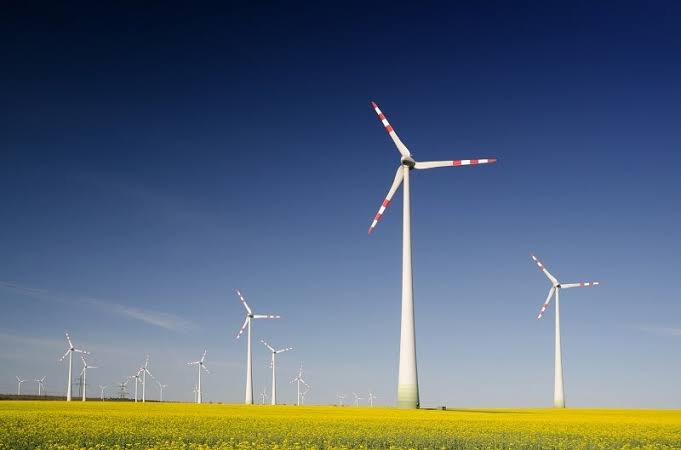President Ismail Omar Guelleh of the Republic of Djibouti has formally opened the nation’s inaugural wind farm. This groundbreaking initiative addresses Djibouti’s critical energy deficiency, resulting in a substantial 50% increase in its total energy generation capacity. It also aligns with President Guelleh’s ambitious goal of positioning the country, with its 1.1 million inhabitants, as the first in Africa to achieve complete reliance on renewable energy sources for its electricity needs. Djibouti possesses abundant wind, solar, and geothermal resources, enabling it to potentially triple its current capacity to a minimum of 300 MW.
For President Ismail Omar Guelleh, “this achievement is of the utmost importance. It bears witness to our forward-looking vision and illustrates a major, concrete stage in our development. The construction of this wind farm, as part of our energy transition, is a decisive milestone. We are convinced that without increasing our national energy production capacity, the development we want for our country would be neither possible nor conceivable”.
The Red Sea Power (RSP) wind farm, near Lake Goubet, will provide 60 megawatts of clean energy and avert 252,500 metric tonnes of CO2 emissions annually. The first significant international investment in the energy sector in Djibouti, the US$122 million project creates the country’s first independent power producer (IPP) and sets a template for further private investment.
A further 45 MW of renewable energy is already being planned by the consortium of investors behind RSP, with the Africa Finance Corporation (AFC) leading the development, along with the Dutch entrepreneurial development bank (FMO), blended finance fund manager Climate Fund Managers (CFM), and Great Horn Investment Holding (GHIH), which is owned by the Djibouti Ports & Free Zones Authority and Djibouti Sovereign Fund.
This major project has been financed directly by Djibouti with its own funds.The wind turbines will provide electricity to 38% of the population currently without access. Critically for the East African nation, it will also spur industrialization, job creation, and economic stability as Djibouti seeks to take advantage of its strategic location as a global transshipment hub.
The electricity produced will be sold through a long-term power purchase agreement to Electricité de Djibouti (EDD), which is the state-owned utility in Djibouti. The payment commitments of EDD outlined in the PPA were secured by a government assurance, and in a reciprocal manner, the government’s commitments were also safeguarded by political risk protection offered by the Multilateral Investment Guarantee Agency (MIGA) of the World Bank.

